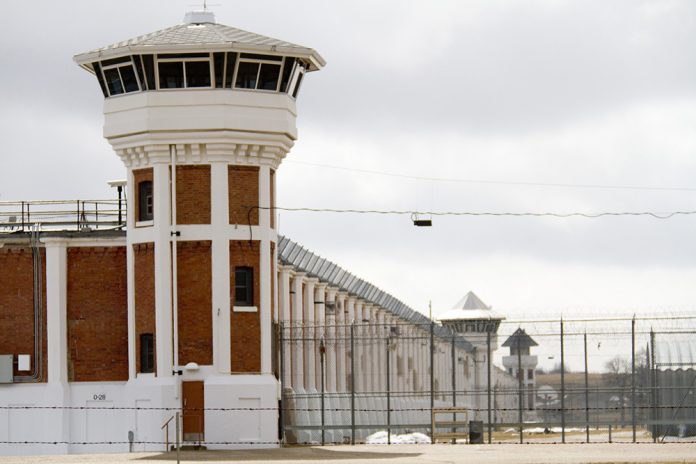Federal corrections workers need help.
That was the message members of the Union of Canadian Correctional Officers (UCCO) hoped to deliver by staging a one-day protest in Saskatoon on Tuesday.
Members gathered to raise awareness about the large number of physical and verbal assaults federal corrections officers face. James Bloomfield, the UCCO regional president for the prairies, said COs are routinely subjected to physical and verbal assaults, and the lack of support is leading to a mental health crisis.
“We have a drug fueled institutions which are resulting in a tremendous number of assaults and gang activity,” Bloomfield said during a phone interview on Monday. “There are no repercussions and our employer is not helping us.
“We are basically stuck in a position of basically being the punching-bags,” he added. “That’s how people are feeling right now, and it’s not part of my job to be assaulted.”
Bloomfield is in his 25th year as a CO. He said assaults have always been a concern for corrections officers, but the problem was “miniscule” compared to what it is today.
Bloomfield said the number of drug seizures has radically increased, and inmates face little accountability for their actions.
He said many COs are frustrated with current legislation, which many blame for the lack of accountability.
“(It’s) just ‘write a report and good luck,’” Bloomfield said. “There is no accountability for that person who commits that assault. On the streets, they’d be arrested and go to jail, but when they’re already in jail, that’s where the policies need to take over to help us with some behavioural concerns, and our employer is not helping us with that at all.”
Drugs are one of the biggest concerns, especially in Prince Albert. Bloomfield said COs report drug abuse problems among inmates in almost all federal institutions on the prairies, but the Saskatchewan Federal Penitentiary in Prince Albert is particularly bad.
Bloomfield said they’ve received reports of COs who can smell Suboxone burning in the cells while on shift. The drug was created to help decrease the severity of withdrawal symptoms patients face when quitting opioids. Bloomfield many inmates are prescribed the drug, but never swallow it. They instead smuggle it back to their cell, he said, and sell it to other inmates.
Bloomfield said there are checks in place to make sure inmates swallow the drug, but those checks aren’t working. He added that inmates continue to receive Suboxone prescriptions even though COs have raised their concerns about its abuse.
“That’s a dangerous work environment,” Bloomfield said. “If we can smell it, we’re inhaling it. It’s a tremendous problem that we’re having up there, and that of course fuels the black market.
“It is highly diverted and very abused at Saskatchewan Penitentiary specifically,” he added.
The Prince Albert Daily Herald reached out to the Correctional Service of Canada for a response. The CSC acknowledged the request, but was unable to provide a response by press time.
Bloomfield said poor mental health rates and a lack of support are making it harder to recruit new COs while also keeping the more experience ones.
“We already have a tremendously difficult time recruiting staff as it is,” he said. “The environment is a very difficult environment. The mental health injuries are through the roof. The physical assaults are high. It’s not one that people come to and look at as the better of the places to apply for nowadays.”
Bloomfield added that the union has reached out to multiple MPs to talk about changing the legislation. He said most acknowledge there is something wrong, but no changes have been made.
According to the UCCO, 55 per cent of federal correctional officers have suffered a work-related mental health injury.
@kerr_jas • jason.kerr@paherald.sk.ca


